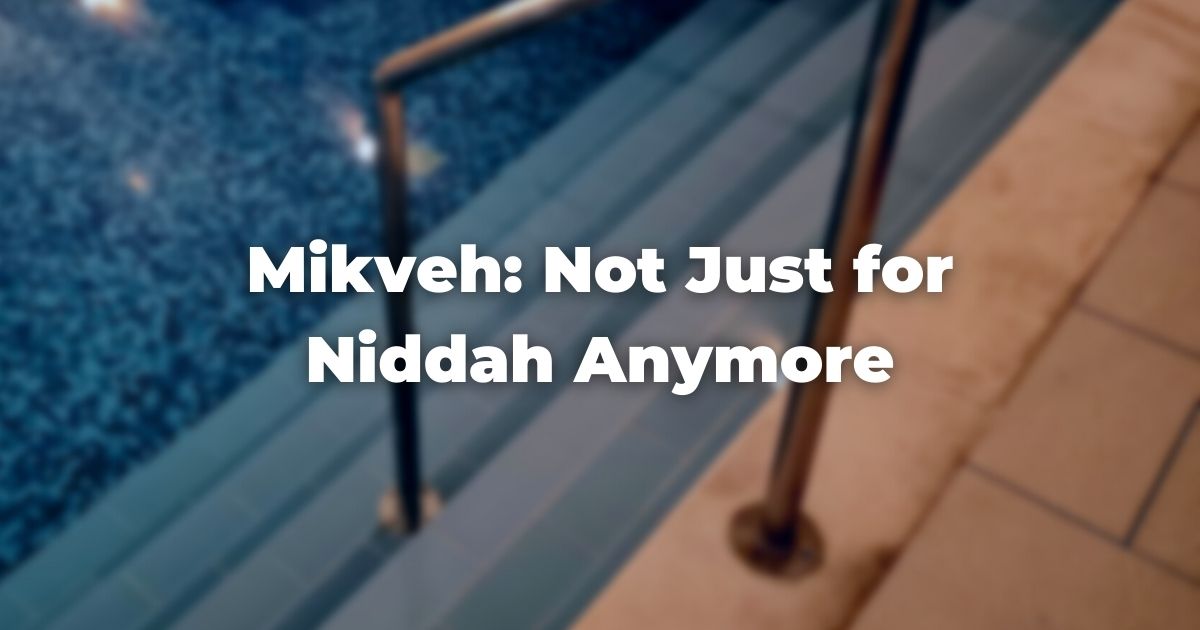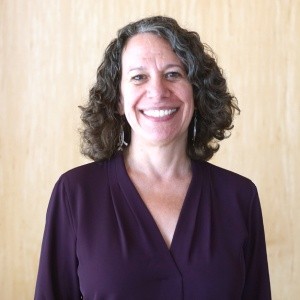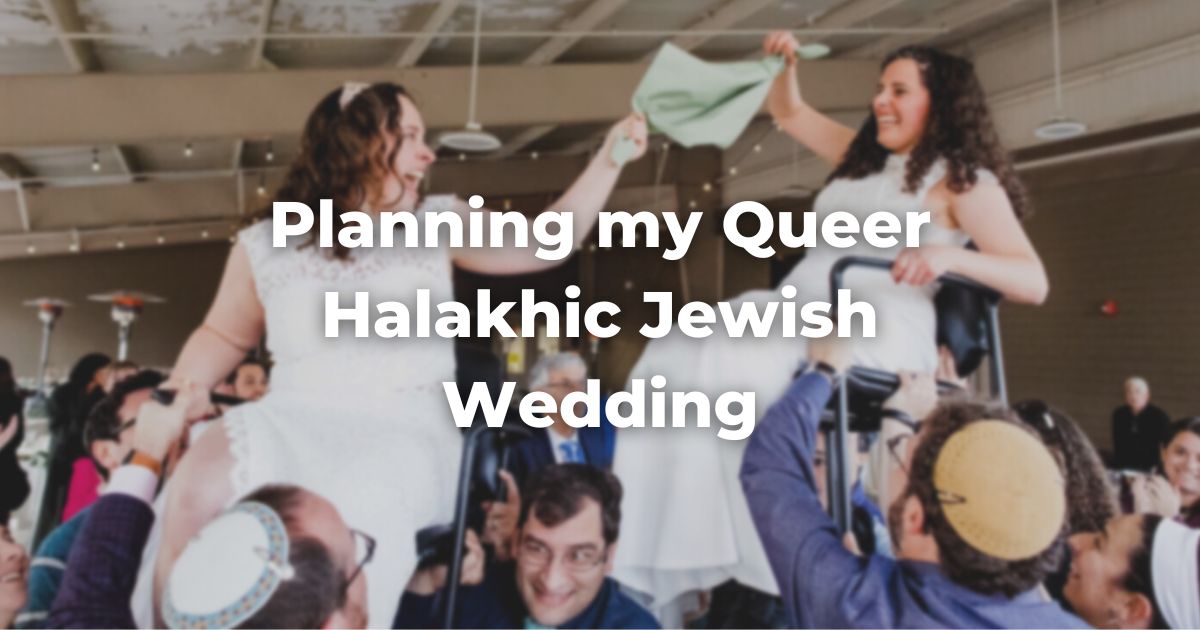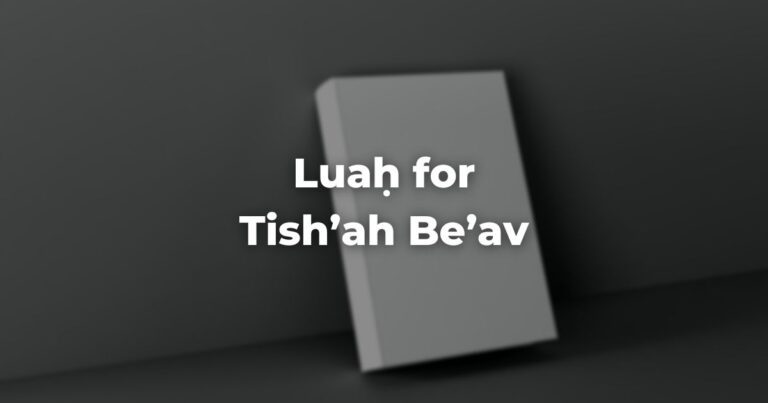When she becomes clean of her [menstrual] discharge, she shall count off seven days, and after that she shall be clean (Leviticus 15:28).
“Niddah” is the term for a woman during menstruation; the TorahRefers to the first five books of the Hebrew Bible, the Tanakh, also called the Five Books of Moses, Pentateuch or the Hebrew equivalent, Humash. This is also called the Written Torah. The term may also refer to teachings that expound on Jewish tradition. Read more forbids having sexual relations with a niddah. A woman shall be considered “pure” once again after a full immersion in water, what is now known as mikveh. Within the Orthodox and Traditional movements, this is still the primary function of mikveh, as part of the laws of family purity.
The mikveh is a pool of water, gathered from fresh rainwater, which connects it to the creation of the World, when God gathered the primordial waters together to make room for the land.
The idea of immersion in water as a transitional and transformational experience is almost universal. Consider baptism, flotation tank therapy, or the relaxation so many of us feel at an ocean or a lake. There is something incredibly powerful about the feeling of weightlessness while being surrounded by water, the very source of life.
The use of mikveh for niddah, primarily among the Traditional movements, feels uncomfortably gendered.
Women are “unclean” or “impure” during and after menstruation and are required to “purify” themselves in order to resume marital relations. Even though Orthodox men will also visit the mikveh before Shabbat and Holidays, the family purity laws for women are incredibly detailed and can feel demeaning.
The Open Mikveh Movement is reclaiming the ritual of mikveh as one suited for all life transitions with the creation of new and personal rituals while still adhering to the traditional preparation.
The procedures may seem intimidating at first, but they have a purpose and meaning. Preparation is both physical and spiritual. By bathing and removing all jewelry, all barriers between the body and the water are eliminated.
Typical mikveh use consists of three complete immersions, with an attendant making sure they are “kosher” and complete, with blessings recited.
Contemporary mikveh use often uses the three immersions as opportunities to reflect on past, present, and future, reflecting on what has brought one to this moment and where one hopes to emerge from it.
Moving well beyond niddah, mikveh is now used to mark any and all transitional and transformative moments.
People of all genders may choose to immerse before B-mitzvah to symbolize their readiness to take on the mitzvot as Jewish adults. There is something incredibly empowering about immersing to recognize the completion of treatment for cancer or coming through serious illness.
Developing personal rituals to mark gender transition or as the final step in divorce adds a depth of meaning to the occasion. An ancient custom of immersing in the 9th month of pregnancy to pray for an easy and healthy delivery is being revived.
So who can visit the mikveh? Anyone, anytime.
There are more and more community mikva’ot open to all who would like to immerse. And already created ceremonies can be found for almost any reason – or you can craft your own ritual. You can go once, or monthly, or whenever you feel moved to do so.
As a trained Mikveh Guide through Rising Tide Open Waters Mikveh Network, it would be my joy to help you create an immersion experience that is right for you. You can find out more about this burgeoning movement here: https://risingtideopenwaters.org.
Author
-

Rabbi Julie Schwarzwald (she/hers) is dedicated to the idea that Jewish education should be fully accessible to all, since we are each created B’tzelem Elohim, in the image of God. Schwarzwald is currently the B' Mitzvah Program and Ritual Director at Beth El Synagogue in St. Louis Park, Minnesota, after 10 years or working as Director of Congregational Learning at various synagogues in New Jersey. With a first career teaching in public and private schools, Schwarzwald taught at Golda Och Academy for 12 years. She received Rabbinic Ordination in 2019. Rabbi Schwarzwald is honored to serve on the board of the Jewish Educators Assembly.
View all posts






